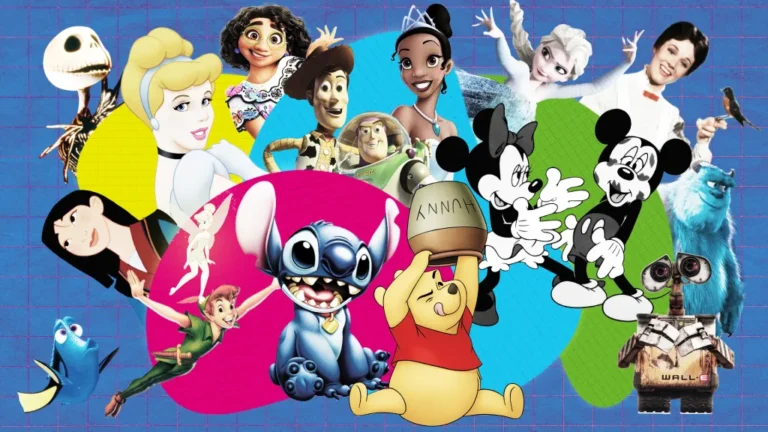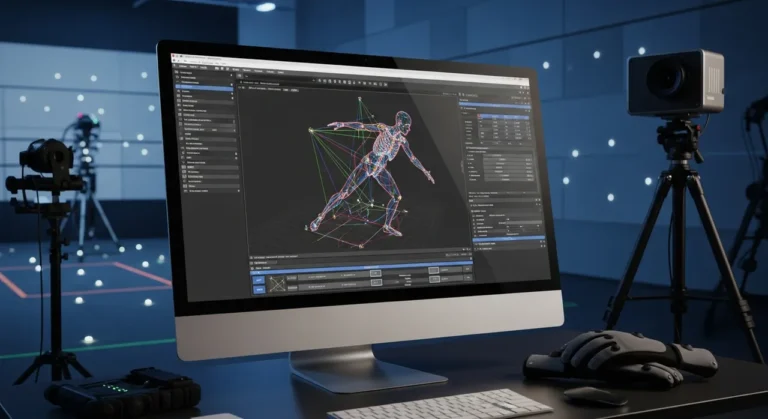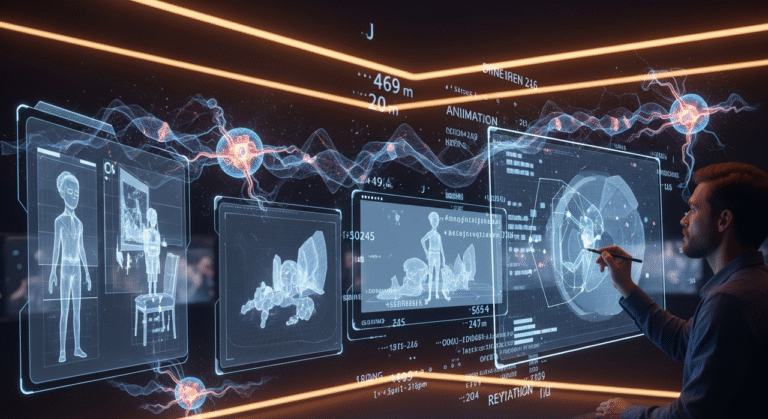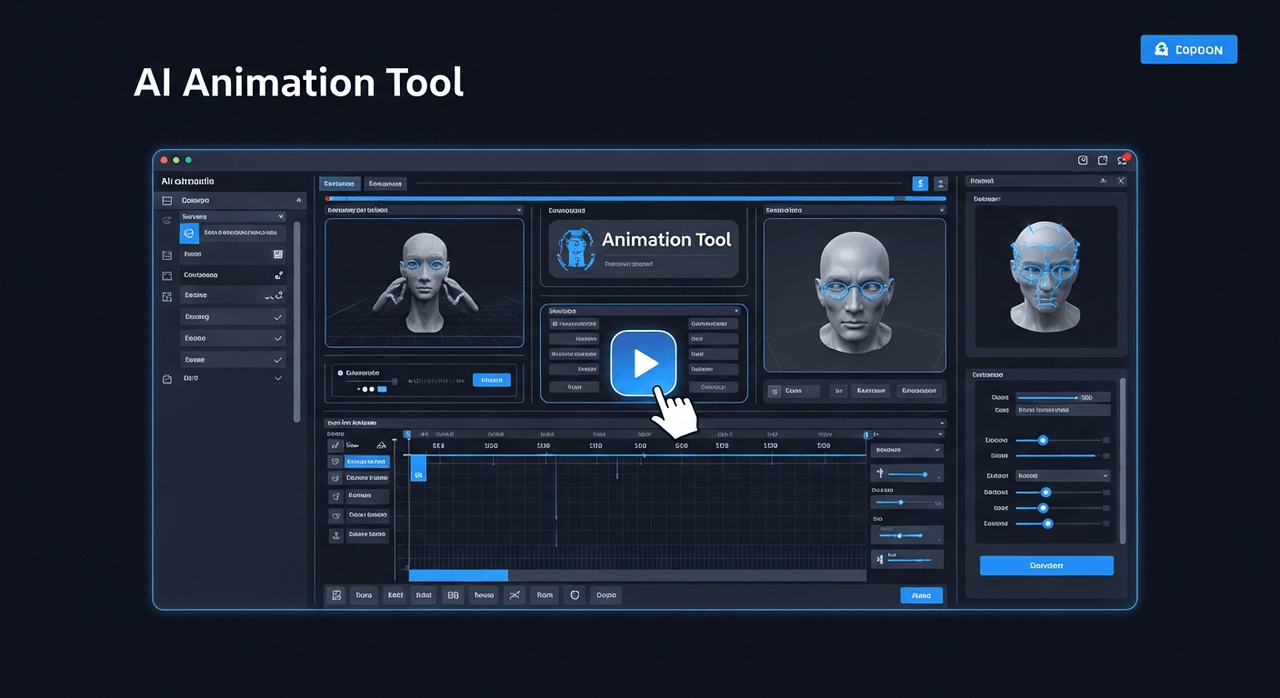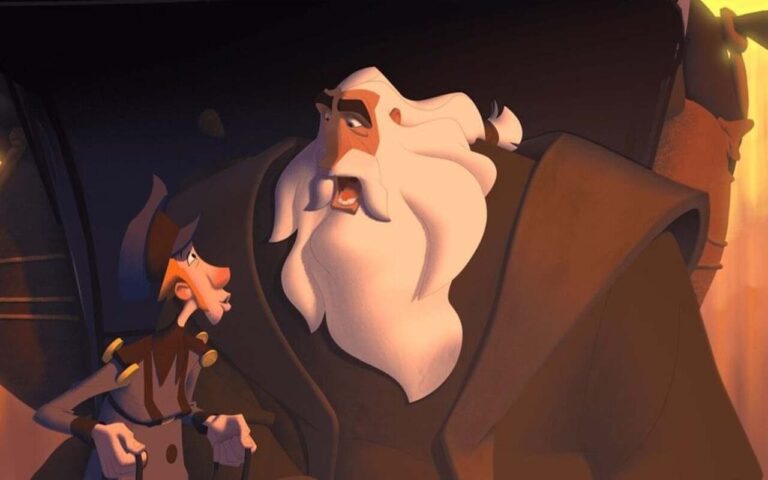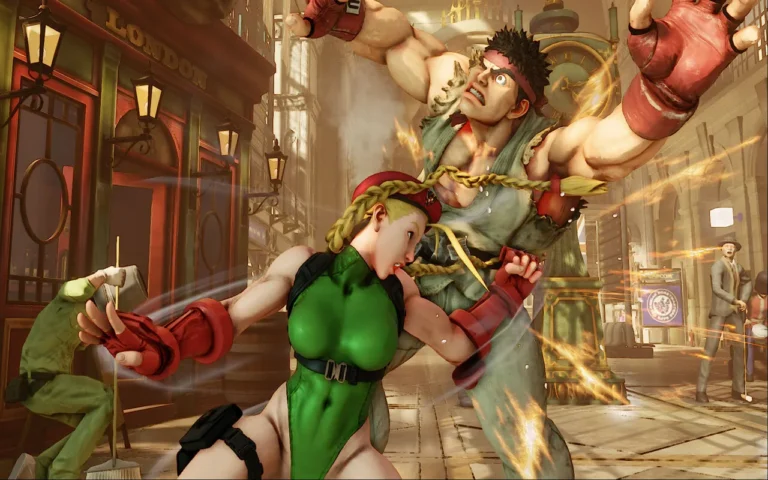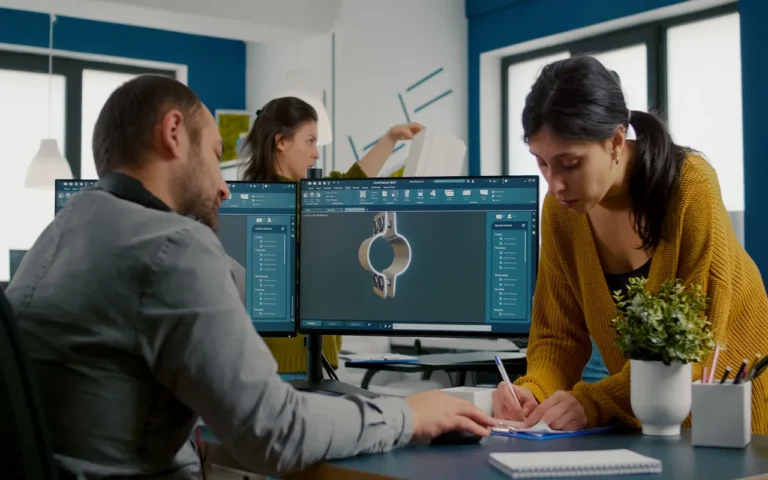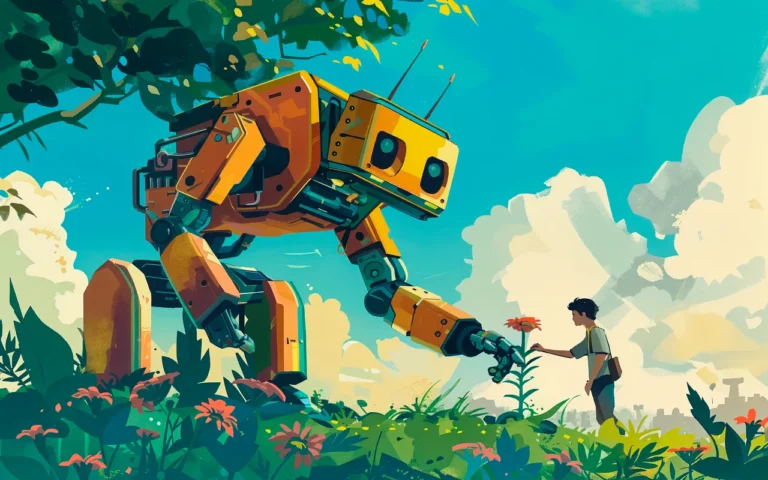When planning the budget for an animation studio project, the choice between 2D animation and 3D animation is more than a matter of aesthetic preference. It dictates a project’s cost structure, influencing every phase from script development through final rendering to render farm output.
In 2025, both 2D and 3D production pipelines can cost anywhere from a few thousand dollars to multi-six figures, depending entirely on the project’s scale, team size, and the tools used.
This guide provides an overview of current market pricing, the primary factors driving costs, and the landscape’s evolution since 1998. Read on to gain a realistic understanding of your project’s financial needs and to approach your next steps with confidence.
What’s the Cost Difference Between 2D and 3D Animation?
For commercial applications, the price disparity between 2D and 3D animation has narrowed, but 3D generally remains the more expensive option per minute for comparable quality.
Current industry reports suggest that bespoke 2D animation for explainer videos falls roughly into the $1,500 to $10,000+ per minute range. In contrast, 3D often starts around $3,000 and can climb past $25,000 per minute for projects handled by high-end animation studios or those involving intricate visuals.
2D offers advantages in simpler asset creation and quicker iteration times. 3D excels due to the reusability of rigging, cameras, and environments, which is particularly beneficial for the production of series or long-term intellectual property (IP). To select the path that aligns with your production budget, you must first grasp the practical cost structure of each pipeline.
2D Animation Costs
In a professional setting, 2D animation for promotional, gaming, or explainer video content typically ranges from $1,500 to $10,000 per minute.
Elite animation studios and highly customized styles can push this into the $ 7,000–$20,000+ range.
2D animation costs are mainly influenced by the number of frames (full vs. limited animation), the number of characters, the complexity of backgrounds, and whether assets are reused across different levels or episodes.
A highly detailed, anime-influenced sequence featuring unique background layouts in every shot will command a higher price. Conversely, simpler motion graphics or cut-out styles used for user interfaces (UI) or game trailers will be less expensive.
Discounts are often applied to series work because the animation studio can spread the design and pre-production costs across multiple episodes.
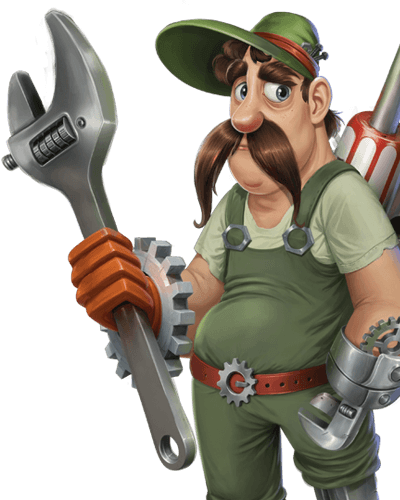
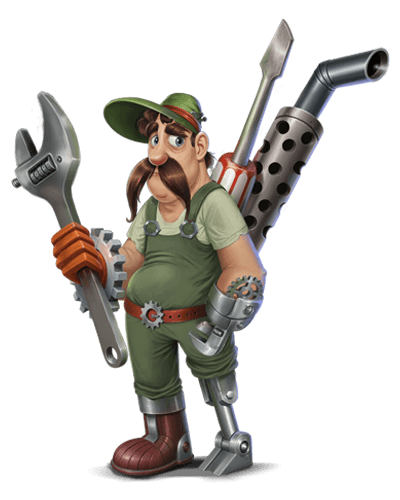
Need 2D Animation Services?
Visit our 2D Animation Service page to see how we can help bring your ideas to life!
3D Animation Costs
3D animation involves additional, mandatory production steps, modeling and texturing, rigging, simulation, and rendering and render farm processes, causing the per-minute cost to escalate rapidly.
For corporate and marketing explainer videos, mid-level work typically falls between $3,000 and $15,000 per minute.
High-fidelity character animation, cinematics, or game trailers produced by established animation studios can reach $20,000 to $30,000+ per minute.
While 3D animation costs can be lower with independent freelancers or offshore production teams, this often comes at the expense of quality, dependability, and pipeline robustness.
3D becomes more cost-effective when assets are heavily reused across multiple scenes, seasons, or in-game cutscenes, transforming the initial investment into long-term savings.

Need 3D Animation Services?
Visit our 3D Animation Service page to see how we can help bring your ideas to life!
What Factors Influence 2D and 3D Animation Cost?
No credible animation studio prices a project based solely on length; pricing is driven by complexity, style, and risk.
The cost of the same 60 seconds can vary wildly based on the density of character animation, the level of environmental detail, and the amount of technical problem-solving required.
We will now detail the key cost drivers so you understand the levers you are controlling when you request “just a bit more polish.”
Factor | 2D Animation | 3D Animation |
|---|---|---|
Complexity (Characters, Backgrounds) | More characters and backgrounds increase cost | More characters and backgrounds increase cost |
Animation Style | Simple styles are cheaper, detailed styles approach 3D cost | Generally more complex than 2D, but style can vary |
Action and Movement | Complex movements cost more | Complex movements cost more |
Length of Animation | Longer animations cost more | Longer animations cost more |
Experience of Animators | Experienced animators cost more | Experienced animators cost more |
Software | Generally less expensive | Wider range in cost depending on features |
Audio and Sound Design | Adds to cost | Adds to cost |
Revisions and Edits | Can significantly increase cost | Can significantly increase cost |
Complexity
Complexity is typically the single most significant cost multiplier. An increase in characters on screen, intricate camera moves, crowd shots, cloth and hair simulation, particle effects, and accurate physically-based lighting all add hours to pre-production (storyboard), layout, animation, and rendering and render farm time.
In 2D, complexity is seen in dense frame-by-frame animation, multi-layered backgrounds, and detailed FX passes. In 3D, it manifests as heavy rigging, complex shaders, and longer simulation runtimes.
Costs can be notably reduced without sacrificing apparent quality by simplifying staging, reusing character poses, or limiting FX.
Once you understand how complexity scales your production budget, it’s easier to decide where to allocate and where to conserve funds for maximum visual impact.
Art Style
The chosen art style dictates how much time artists spend on each asset or frame. A basic, flat 2D style with minimal shading and simple shapes is faster and cheaper to produce than fully illustrated, painterly backgrounds or high-grade anime character animation.
Similarly, in 3D, a stylized art style with simple materials and soft lighting renders more quickly. They are easier to rig than hyper-realistic models that require subsurface scattering, hair grooming, and physically based lighting.
Many animation studios categorize their internal styles into tiers (“basic,” “standard,” “premium”), which are directly linked to price. Selecting a style that is appropriate for your message and distribution channel can free up money for crucial areas, such as animation quality or sound design.
Length
Across the industry, the initial 30 to 60 seconds of any animation are disproportionately costly because they include the upfront work of concept development, design finalization, pipeline setup, and style development.
Subsequent minutes are typically cheaper per minute, as the animation studio can reuse rigging, backgrounds, and animation systems.
However, longer is not always better; many marketing campaigns and game trailers achieve a better return on investment (ROI) from a concise, impactful 30- to 60-second piece than from an extended three-minute video.
The goal is to allocate enough time to effectively deliver your narrative and emotional moments without unnecessarily inflating the runtime.
Studio Experience
More seasoned animation studios charge higher prices, but this premium covers proven, efficient pipelines, oversight by senior staff, and reduced production risk.
Experienced 2D animation and 3D animation companies are more effective during the pre-production phase, make better technical choices, and require fewer revision rounds/change requests, which can ultimately lower your total expense compared to a less costly but inexperienced team.
You also gain access to established workflows for game engine integration, marketing approvals, and platform-ready deliverables. When assessing bids, consider not only the individual line-item costs but also the likelihood of on-time, on-quality delivery.
Software and Tools
The choices made regarding licensing and tooling affect both direct and indirect costs.
Using industry-standard 3D animation software and 2D animation tools such as Autodesk Maya or Blender, Houdini, Unreal Engine, Toon Boom Harmony, or Adobe After Effects can simplify hiring and collaboration, but high-end software and frequent rendering and render-farm usage increase overhead.
Real-time engines can lower render costs and enable interactive previews, while specialized tools for rigging, motion capture, or FX can speed up complex tasks but require trained operators.
Some animation studios include tool costs in their general rates, while others itemize them separately (e.g., cloud rendering, mocap stage rental).
Finishing Touches
The polish phases, including compositing and color grading, secondary animation, camera effects (shake, motion blur), film grain, UI overlays, and tailored sound design, often distinguish a merely “good” project from a “share-worthy” one, but they carry a cost.
In 2D, this may involve additional parallax, lighting passes, and FX layers. In 3D, it can mean high-sample rendering, multi-pass compositing, and precise color grading to match brand specifications.
When reviewing proposals, scrutinize the animation studio’s definition of “final quality,” as this is where subtle but expensive differences emerge.
Revisions and Changes
While revision rounds/change requests are inevitable, poorly managed changes represent a major hidden expense. Late-stage modifications that impact timing, camera angles, or character actions can necessitate costly re-animation, re-rendering, and even redesign.
Consequently, most animation studio contracts limit the number of revision rounds per phase (script, storyboard, animatic, animation, compositing) and bill further changes on an hourly or per-request basis.
Clients who provide clear, early feedback, especially during the storyboard and animatic stages, almost invariably spend less than those who “figure it out in render.”
Location
The location where the work is performed significantly influences the rates.
Animation studios in North America and Western Europe frequently charge rates several times higher than those in regions like Eastern Europe, Latin America, or South and Southeast Asia, primarily due to differences in labor costs and operating overhead.
For example, some reports indicate that 3D animation minutes in India can be priced substantially below Western rates for projects of comparable complexity.
While outsourcing/offshore production can be budget-friendly, careful management of time zones, communication styles, and quality control is essential.
Hybrid models, where senior supervision occurs in a high-cost region and production in a lower-cost region, are becoming increasingly widespread.
Tight Dealines
Short timelines accelerate production, forcing the animation studio to hire additional artists, mandate overtime, or purchase extra render farm capacity, all of which inflate your bill.
Rush fees are standard because compressed schedules elevate the risk of burnout, overtime expenses, and technical errors.
In 2D, tight deadlines often limit exploratory design and require greater asset reuse. In 3D, they can limit time for testing rigging, simulation, and lighting, potentially impacting the final finesse.
Whenever possible, prioritize quality and cost efficiency over speed by planning marketing beats, game milestones, or campaign launches early enough for the animation studio to schedule your project optimally.
How Have Animation Costs Changed Since 1998?
In 1998, feature-length animation was dominated by major animation studios with production budgets in the tens of millions of dollars.
Films like A Bug’s Life, Antz, The Prince of Egypt, and Mulan had production budgets ranging between approximately $60 million and $120 million, well before modern real-time engines and cloud rendering became commonplace.
Today, that same visual benchmark can be approached by smaller teams using readily available tools, though achieving truly cinematic quality at feature length remains exceptionally expensive.
Early 3D Animation Costs
Name | Budget |
|---|---|
A Bug’s Life | $120 million |
Antz | $42 million |
A Bug’s Life and Antz were pioneering 3D animation features released in 1998, and their budgets reflect the significant R&D and tooling costs of early CGI.
A Bug’s Life is frequently reported to have had a production budget around $120 million, while Antz sits roughly in the $42 million range, with some internal costs possibly higher (around $60 million).
Both required proprietary rendering technology, custom pipelines, and large teams of specialists, pushing the per-minute costs far beyond what similar visuals would cost today.
The lesson for contemporary producers is that early adoption of new technology is always more expensive, but those investments often establish the future baseline for commercial work.
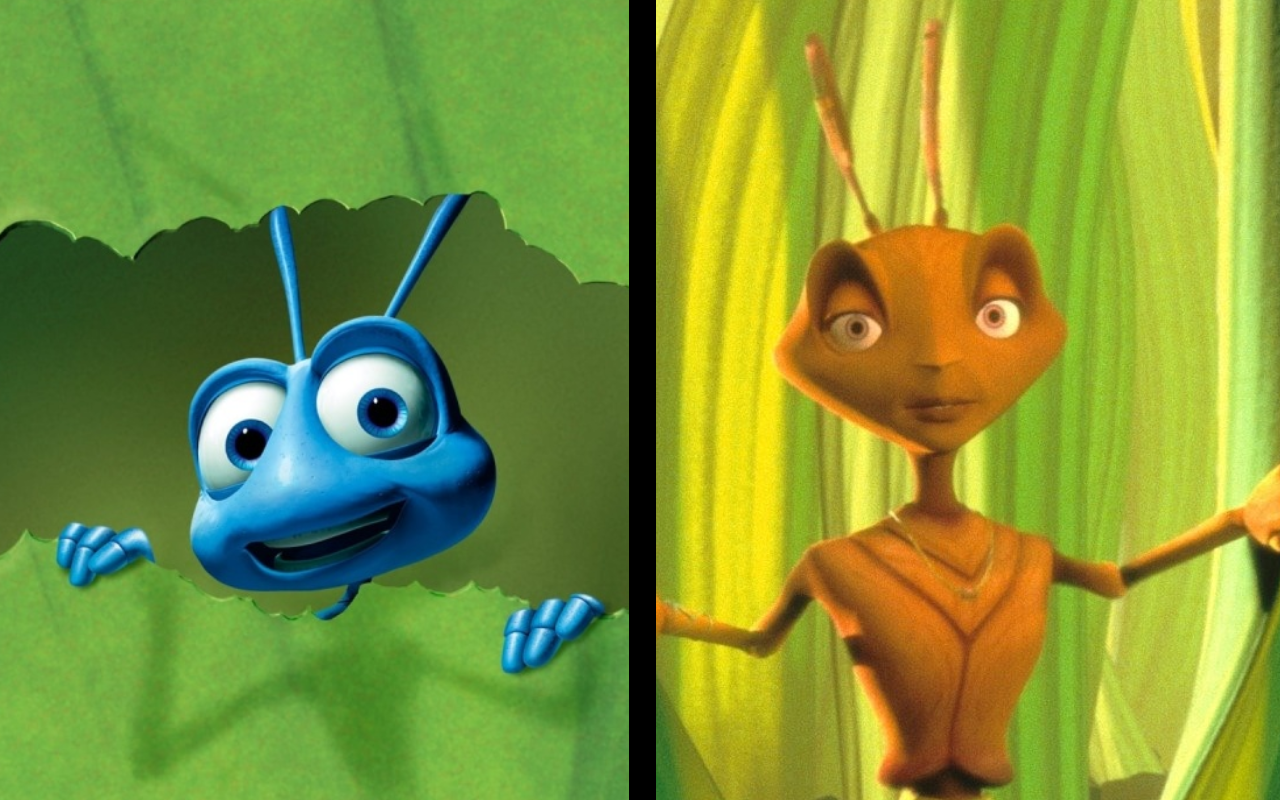
Early 2D Animation Costs
Name | Budget |
|---|---|
The Prince of Egypt | $70 million |
Mulan | $90 million |
The Prince of Egypt and Mulan demonstrate the cost of high-end 2D animation production during the same era.
Reported production budgets place The Prince of Egypt at around $60–$70 million and Mulan at approximately $90 million, with both features utilizing a combination of traditional hand-drawn animation and emerging digital tools.
Maintaining theatrical quality over feature length required massive teams of animators, clean-up artists, background painters, and compositors. Compared to today’s environment, where digital tools, smaller global teams, and hybrid 2D/3D workflows are standard, these budgets underscore the extensive infrastructure needed for delivering hand-crafted 2D animation at scale.
This history helps explain why “cinematic 2D” remains a premium undertaking, not a budget alternative.
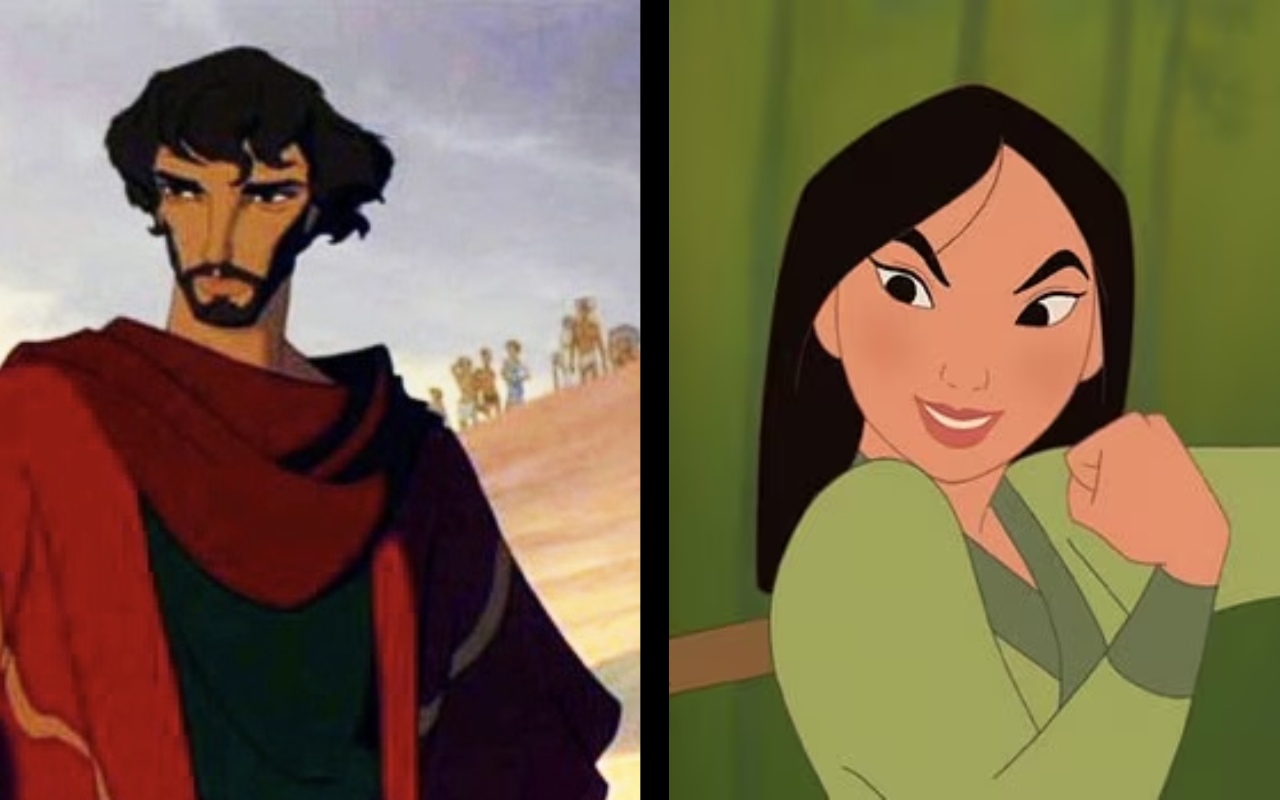
Final Words: So, Which Is More Cost-Effective?
Neither 2D animation nor 3D animation is definitively “inherently cheaper.” The more relevant question is which format best achieves your objectives at the optimal quality-to-budget ratio.
For focused, character-driven storytelling with a stylized look and a modest runtime, 2D often provides the best value in terms of cost and speed. For projects that necessitate dynamic camera movement, reusable assets, or seamless integration with 3D games and virtual production, the higher initial investment in 3D may be justified.
Many modern pipelines now incorporate both: utilizing 3D for layouts and props, and 2D for effects or overlays. The most effective next step is to clearly define your project’s scope and limitations and then request specific quotes for both 2D and 3D approaches to determine where the true value lies for your unique project.
